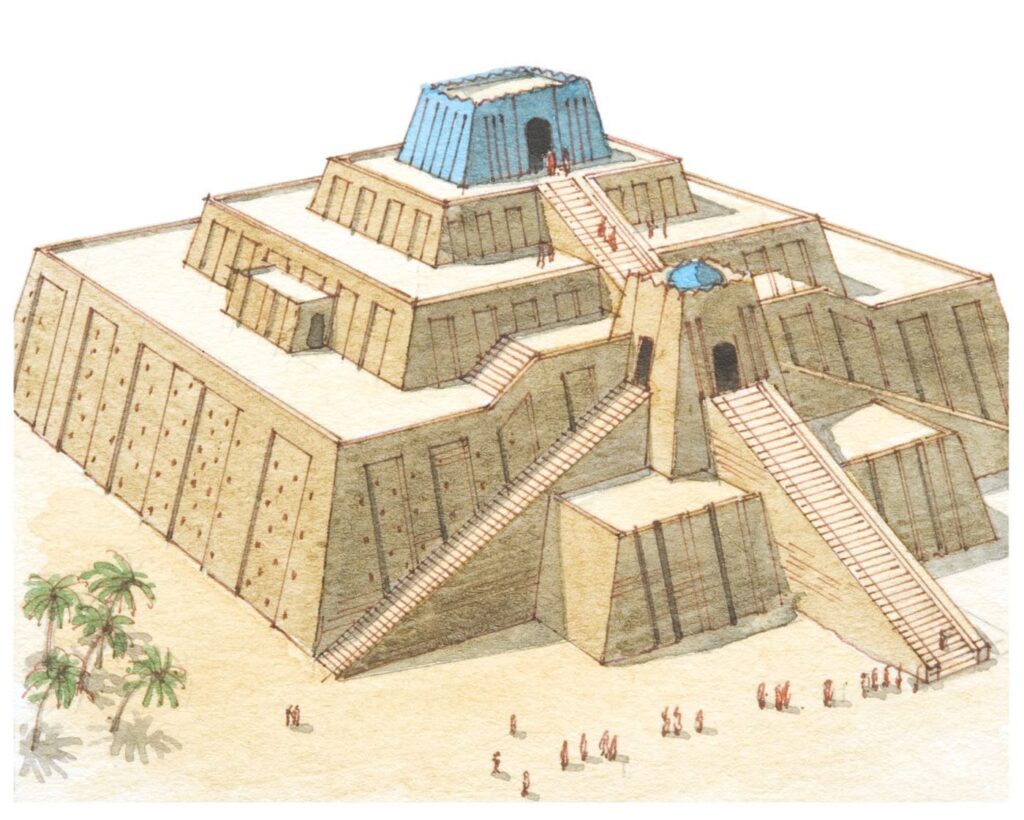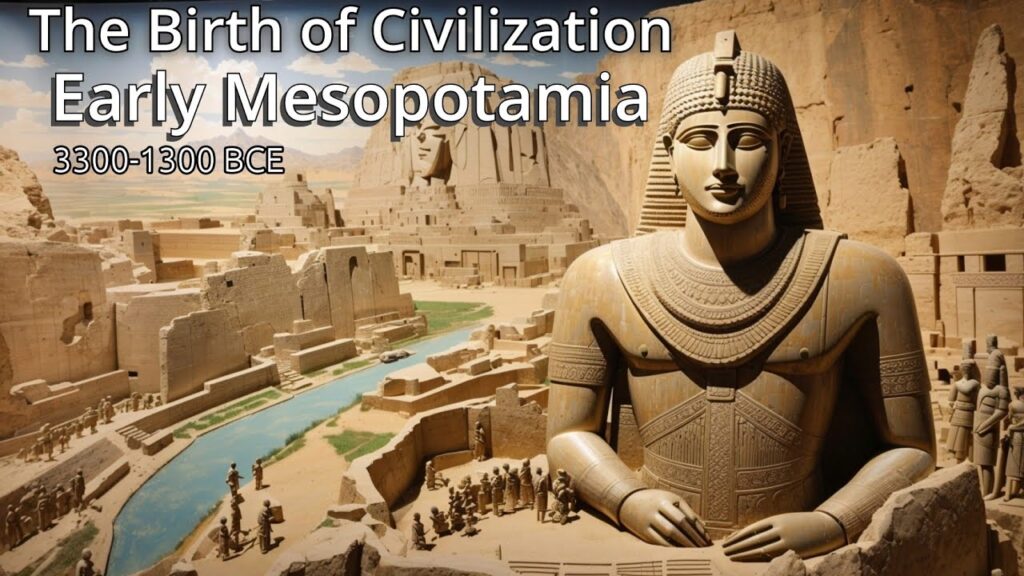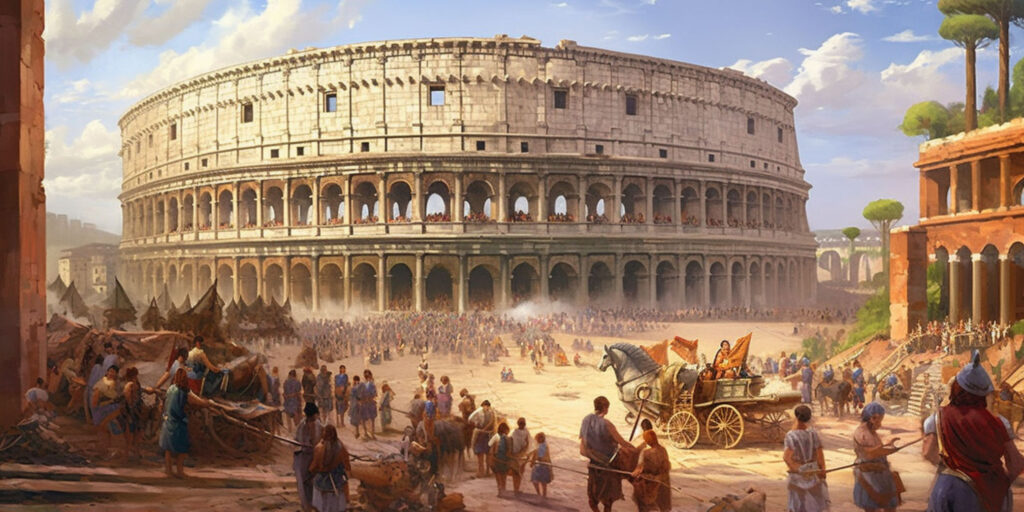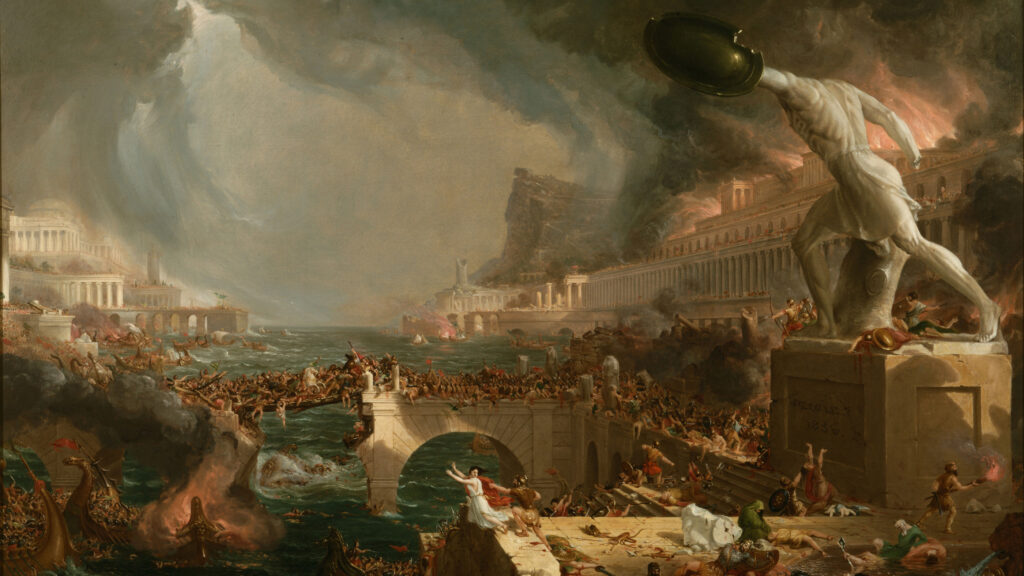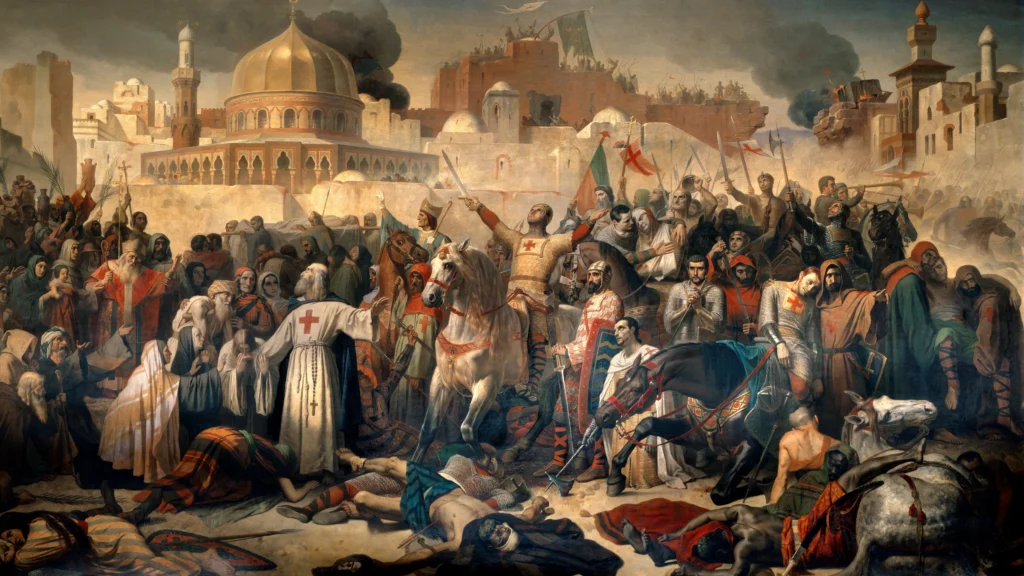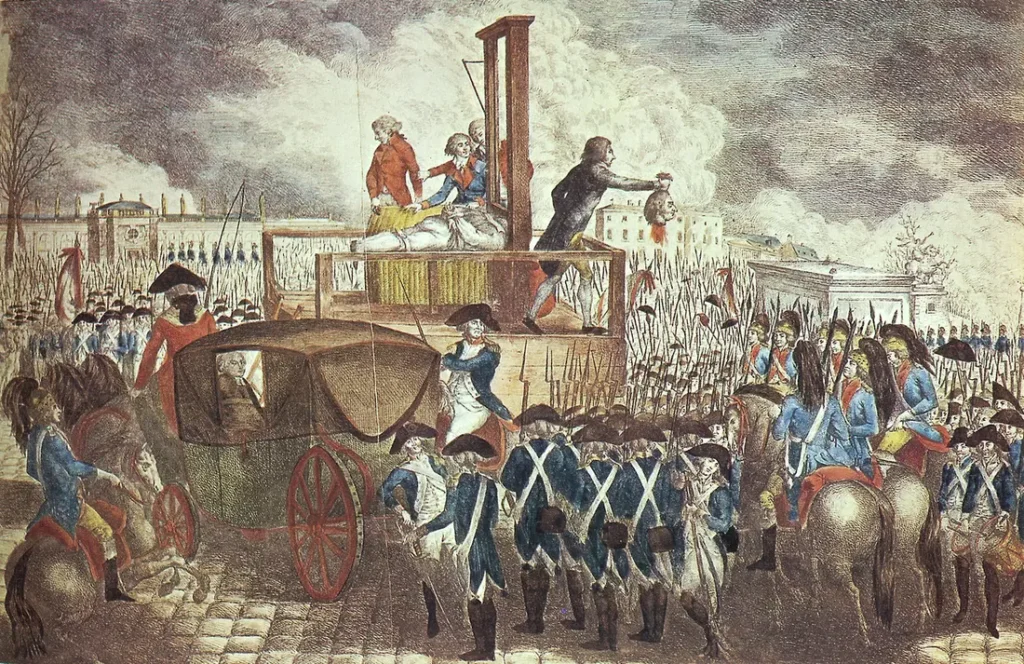
The French Revolution: A Comprehensive Overview
Introduction
The French Revolution, which took place from 1789 to 1799, was a period of profound social, political, and economic upheaval in France. It marked the end of the absolute monarchy, led to the rise of radical political groups, and fundamentally altered the course of French and world history. This article explores the French Revolution from its origins and key events to its lasting impacts and legacy.
Origins of the French Revolution
Economic Distress
Several economic factors contributed to the French Revolution:
- Debt: France was heavily in debt due to years of extravagant spending by the monarchy and costly involvement in foreign wars, including the American Revolutionary War.
- Taxation: The tax system was highly unjust, with the burden falling disproportionately on the Third Estate, which comprised commoners. The First Estate (clergy) and Second Estate (nobility) enjoyed significant tax exemptions.
- Poor Harvests: Bad harvests in the late 1780s led to food shortages and soaring bread prices, causing widespread hunger and discontent among the population.
Social Inequality
The rigid social structure of France played a significant role in fueling revolutionary sentiments:
- The Three Estates: French society was divided into three estates. The First Estate was the clergy, the Second Estate was the nobility, and the Third Estate consisted of commoners, including peasants, urban workers, and the bourgeoisie (middle class).
- Privileges of the Nobility: The nobility enjoyed numerous privileges, including exemption from many taxes and special legal rights. This created resentment among the Third Estate, who faced heavy taxation and had little political power.
Enlightenment Ideas
The Enlightenment, an intellectual movement emphasizing reason, individualism, and skepticism of traditional authority, inspired many revolutionary ideas:
- Philosophers: Thinkers like Voltaire, Rousseau, and Montesquieu criticized the absolute monarchy and proposed ideas about liberty, equality, and democratic governance.
- Spread of Ideas: Enlightenment ideas spread through salons, pamphlets, and books, reaching a broad audience and challenging the established social and political order.
Key Events of the French Revolution
The Estates-General and the National Assembly
The French Revolution began with the convocation of the Estates-General:
- Estates-General (1789): Faced with financial crisis, King Louis XVI called the Estates-General, an assembly representing the three estates, to address the issue of taxation. The meeting quickly turned into a debate about representation and voting rights.
- Formation of the National Assembly: Frustrated by the lack of progress, the Third Estate declared itself the National Assembly, claiming to represent the French people. This act marked the first step toward a new political order.
The Tennis Court Oath and the Fall of the Bastille
These early revolutionary actions set the stage for further radicalization:
- Tennis Court Oath (June 1789): When locked out of their meeting hall, the National Assembly members convened on a tennis court and swore an oath not to disband until they had drafted a new constitution for France.
- Storming of the Bastille (July 14, 1789): The fall of the Bastille, a symbol of royal tyranny, was a pivotal event. Parisian crowds stormed the fortress-prison, demanding weapons and freeing prisoners, signaling the start of widespread revolutionary activity.
The Great Fear and the Abolition of Feudalism
Widespread panic and radical legislative changes followed:
- The Great Fear (Summer 1789): Rumors of aristocratic plots to overthrow the revolution spread panic in the countryside, leading to peasant uprisings and attacks on noble estates.
- Abolition of Feudalism (August 1789): The National Assembly responded by abolishing feudal privileges and ending serfdom, marking a significant step toward social equality.
Declaration of the Rights of Man and of the Citizen
A landmark document in the history of human rights was adopted:
- Declaration of the Rights of Man and of the Citizen (August 1789): This document proclaimed the principles of liberty, equality, and fraternity, affirming the rights of individuals and the sovereignty of the people. It became a cornerstone of revolutionary ideology.
The March on Versailles and the Rise of the Paris Commune
Popular unrest continued to shape the revolution:
- March on Versailles (October 1789): Thousands of Parisian women, angry over bread prices, marched to Versailles, demanding action from the king. They forced the royal family to move to Paris, effectively placing them under the control of the revolutionaries.
- Paris Commune: The revolutionary government established in Paris played a central role in directing the course of the revolution, often pushing for more radical measures.
The Flight to Varennes and the Establishment of the Republic
The monarchy’s attempts to escape led to significant political changes:
- Flight to Varennes (June 1791): King Louis XVI and his family attempted to flee Paris but were captured at Varennes. This event shattered the remaining trust in the monarchy and fueled calls for a republic.
- Proclamation of the Republic (September 1792): Following the capture of the king and the rise of radical political groups, the National Convention declared France a republic, abolishing the monarchy.
The Reign of Terror
A period of extreme violence and radicalization ensued:
- Committee of Public Safety: Led by figures like Maximilien Robespierre, the Committee of Public Safety assumed control, aiming to defend the revolution from internal and external threats.
- Mass Executions: The Reign of Terror (1793-1794) saw the execution of thousands, including King Louis XVI and Queen Marie Antoinette, as well as many perceived enemies of the revolution.
- Radical Policies: The revolutionaries implemented radical policies, such as dechristianization and economic controls, to reshape French society according to their ideals.
The Thermidorian Reaction and the Directory
The revolution took a more conservative turn:
- Fall of Robespierre: In July 1794, Robespierre was arrested and executed, ending the Reign of Terror.
- The Directory: A new government, the Directory, was established in 1795. It was a more moderate regime, but it struggled with corruption and political instability.
The Rise of Napoleon Bonaparte
The revolution paved the way for the rise of a military leader:
- Coup of 18 Brumaire (1799): Napoleon Bonaparte seized power in a coup, establishing the Consulate and later declaring himself Emperor of the French. His rule marked the end of the revolutionary period and the beginning of a new era in French history.
Impacts of the French Revolution
Political Changes
The French Revolution had profound political impacts:
- End of Absolute Monarchy: The revolution abolished the absolute monarchy and established a republic, based on principles of popular sovereignty and democratic governance.
- Rise of Nationalism: The revolution fostered a sense of national identity and unity, contributing to the rise of modern nationalism.
Social Reforms
The revolution brought significant social changes:
- Abolition of Feudalism: Feudal privileges and obligations were abolished, leading to greater social equality and the redistribution of land.
- Rights and Freedoms: The Declaration of the Rights of Man and of the Citizen enshrined individual rights and freedoms, influencing future human rights movements.
Economic Changes
Economic transformations also resulted from the revolution:
- End of Feudal Dues: The abolition of feudal dues and tithes relieved peasants from oppressive economic burdens.
- Land Reforms: Confiscation and redistribution of church and noble lands provided opportunities for broader land ownership among the peasantry and middle class.
Cultural and Ideological Impact
The French Revolution left a lasting cultural and ideological legacy:
- Enlightenment Ideals: The revolution promoted Enlightenment ideals of reason, secularism, and progress, shaping modern Western thought.
- Revolutionary Symbols: Symbols like the tricolor flag, the Marseillaise (national anthem), and the motto “Liberty, Equality, Fraternity” became enduring symbols of French national identity and revolutionary fervor.
Conclusion
The French Revolution was a transformative period that reshaped France and had a profound impact on the world. It dismantled the old social and political order, introduced radical ideas about democracy and human rights, and set the stage for modern political and social movements. While the revolution was marked by violence and turmoil, its legacy endures in the principles of liberty, equality, and fraternity that continue to inspire movements for justice and democracy worldwide. Understanding the French Revolution is crucial to comprehending the complexities and dynamics of modern history and politics.


